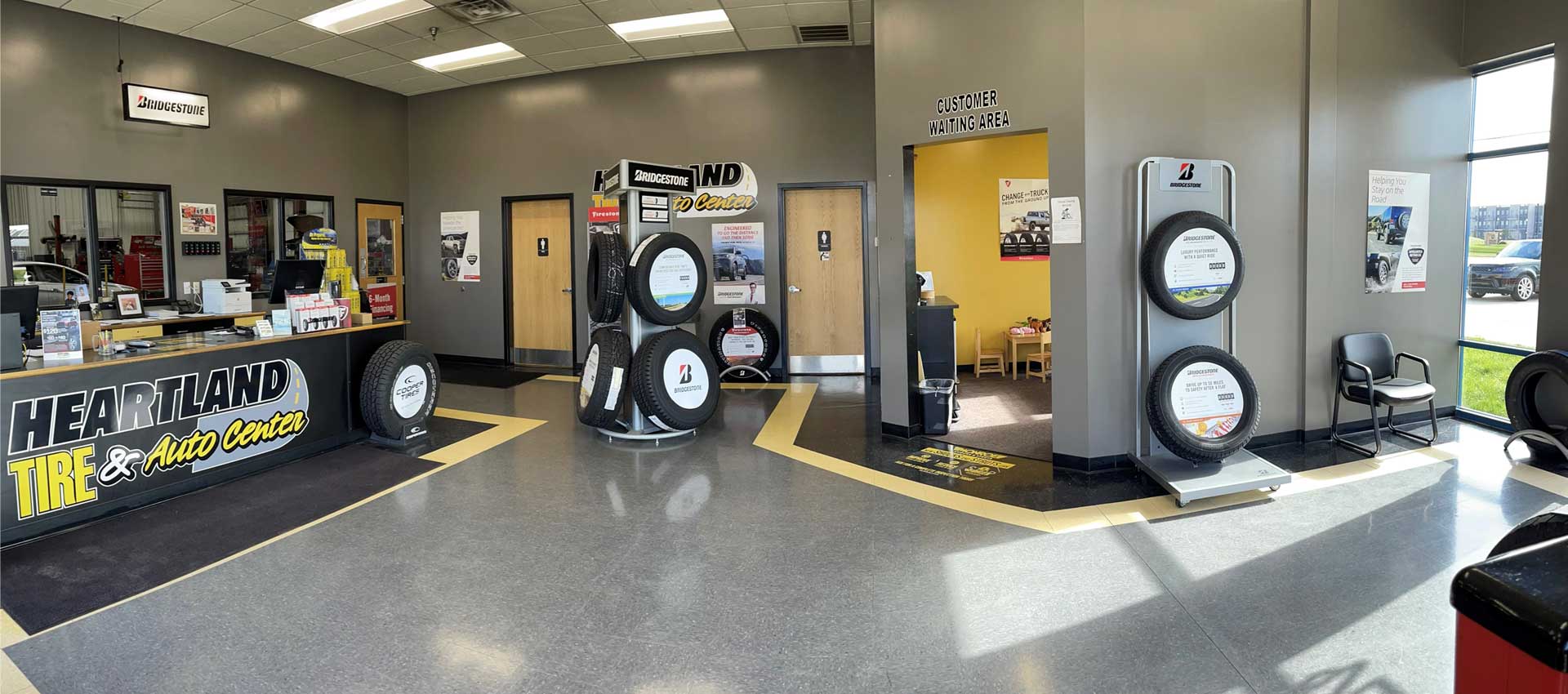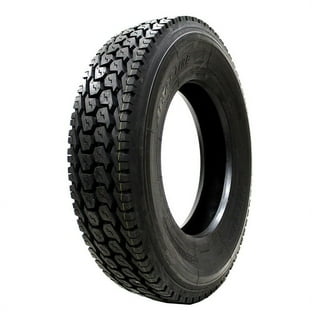Reliable Tire Shop Morris: Your Location for Top Quality Tires and Providers
Reliable Tire Shop Morris: Your Location for Top Quality Tires and Providers
Blog Article
Tire Service: The Impact of Weather Condition Problems
When it comes to ensuring ideal performance and security when traveling, understanding the impact of weather on tire service is critical. From scorching heat to icy roadways, each climate element can substantially influence tire functionality and total driving experience. By diving right into the impacts of varying weather on tires, motorists can get beneficial insights that might boost their vehicle's efficiency and long life. In this conversation, we will discover the intricate connection between weather and tire service, dropping light on the relevance of weather-specific tire upkeep techniques and considerations.
Warmth and Tire Efficiency
When exposed to high temperatures, tires experience adjustments in efficiency that can significantly impact vehicle security and handling. The warm created from prolonged driving or heat problems triggers the tire rubber to soften, causing minimized tread life and increased wear. As the rubber comes to be softer, the tire's grasp when driving lessens, affecting stopping ranges and general grip. In severe instances, too much warmth can even cause tire blowouts, positioning a severe safety risk to the automobile and its residents.
In addition, heats can increase the process of tire aging, causing the rubber to wear away a lot more promptly. This can result in fractures, bulges, and other forms of damages that jeopardize the structural stability of the tire. To mitigate the results of heat on tire efficiency, drivers ought to on a regular basis check their tire pressure, rotate tires to guarantee even put on, and evaluate for any signs of damage. In addition, utilizing tires specifically developed to stand up to high temperature levels can assist keep ideal efficiency and safety on the roadway.
Winter Results
Winter problems can have a significant influence on tire efficiency and safety. As temperatures decrease, tire rubber can solidify, causing reduced traction on icy or snow-covered roadways. In winter, tires may additionally lose air stress more quickly, which can impact taking care of and gas performance. Additionally, chilly temperature levels can create tire sidewalls to stiffen, enhancing the danger of damages from splits or various other road risks.
To alleviate the results of winter on tires, it is critical to on a regular basis check tire stress and inflate them to the maker's suggested degrees. Making use of winter season or all-season tires made for cool climate problems can likewise improve traction and grip on icy or snowy roadways - morris tire and alignment. Correct tire maintenance, consisting of routine assessments for wear and damage, becomes also extra crucial throughout colder months to guarantee optimum efficiency and safety
Rainy Issues Impact
During rainy problems, tire performance and security can be substantially influenced by the damp road surfaces and lowered visibility. The walk pattern of tires plays a vital function in keeping grip on damp roads. Tires with damaged footsteps are extra susceptible to hydroplaning, where a layer of water builds up between the tire and the roadway surface area, resulting in loss of grip. To battle this, chauffeurs must routinely inspect their tires for sufficient step deepness and consider purchasing tires especially developed for wet problems.

Snow and Tire Safety
When driving in snowy conditions, having the appropriate tires can make a substantial difference in security and performance. Winter season tires are developed with special rubber compounds and tread patterns to supply far better grip on snow and ice compared to all-season tires.
In addition to making use of winter months tires, it is crucial to ensure they are properly pumped up. Winter can create tire stress to drop, impacting traction and handling (mopar tire service specials). Consistently examining and keeping the appropriate tire pressure is necessary for ideal performance in snowy conditions

Weather-Related Tire Maintenance
When encountered with different climate condition, appropriate tire upkeep becomes a vital aspect of car security and performance. Weather-related tire upkeep incorporates a variety of techniques targeted at guaranteeing optimum tire feature and long life in different climate situations. One vital element of weather-related tire maintenance is tire pressure law. Rising and fall temperature levels can cause tire pressure to vary, impacting traction and fuel efficiency. Frequently changing and inspecting tire stress according to maker suggestions is necessary for risk-free driving in changing weather. Furthermore, tire step deepness plays a substantial duty in managing different climate components. Tires with appropriate tread description depth give better grasp on wet or icy roadways, decreasing the danger of hydroplaning or skidding. When step wear gets to a specific depth is vital for keeping traction and stability in unfavorable climate, examining tire step on a regular basis and changing tires. By prioritizing weather-related tire maintenance, vehicle drivers can boost safety and security, improve vehicle efficiency, and lengthen the lifespan of their tires.
Conclusion
To conclude, climate conditions have a considerable effect on tire performance and security. From warm impacting tire stress and put on to winter lowering traction, it is vital to take into consideration the climate when keeping and using tires. Wet problems can lower grasp and bring about hydroplaning, while snow can raise the danger of crashes if tires are not properly geared up. Weather-related tire upkeep is crucial in guaranteeing ideal performance and safety and security when traveling.
In this discussion, we will explore the complex relationship between weather condition conditions and tire service, losing light on the importance of weather-specific tire upkeep methods and considerations.

Report this page